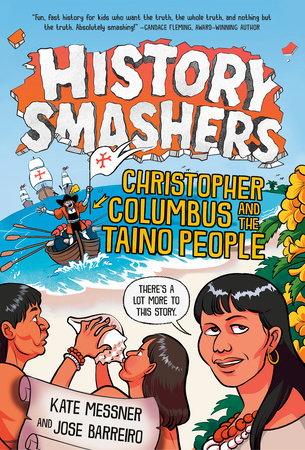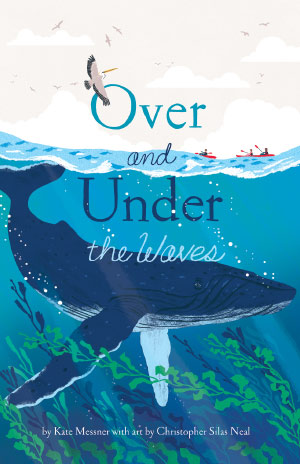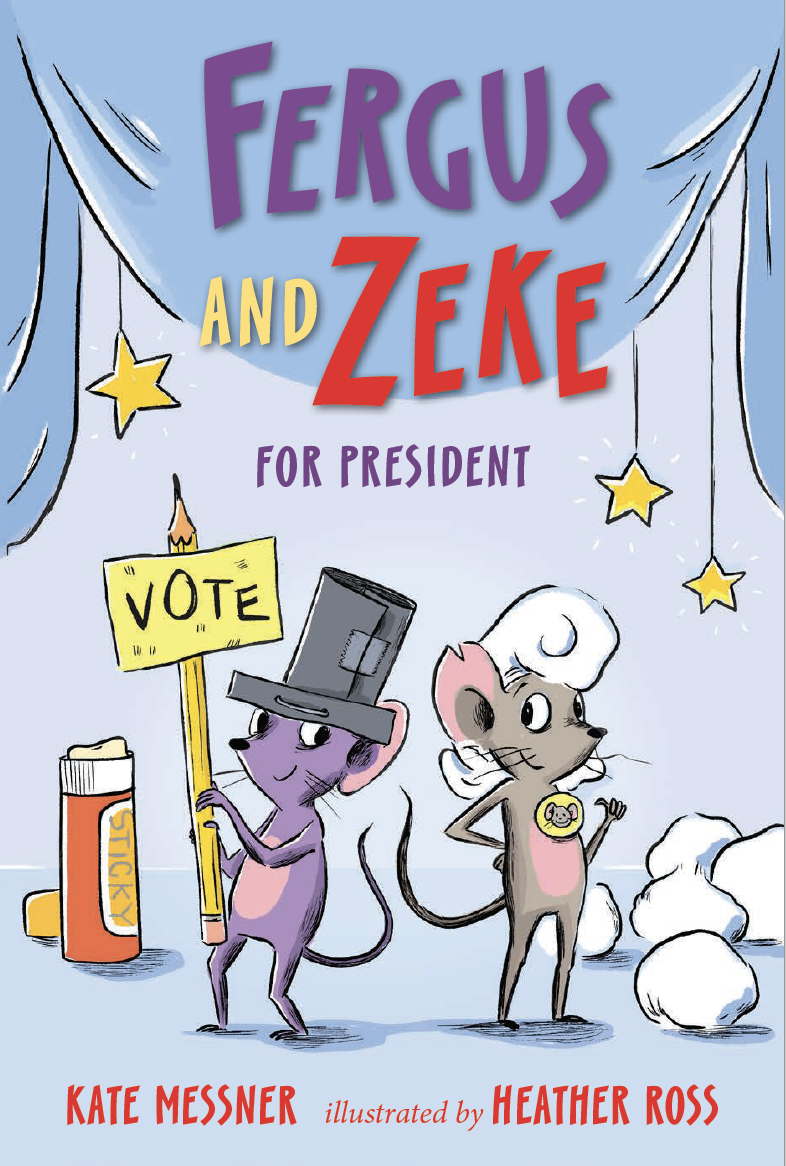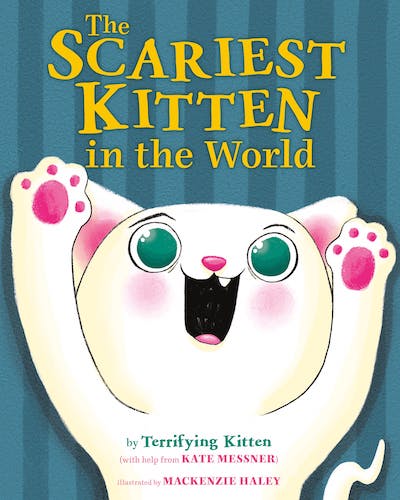What a whirlwind! I got home from the New England SCBWI Conference late last night, sleepy but inspired. I’m a huge fan of Letterman’s Top Ten lists, so here are:
10. “A good manuscript will find a home.” Quoted from Stephen Fraser‘s Friday keynote address, this is a great reminder that we don’t need to worry about bells, whistles, or fancy letterhead when sending work to an agent. The writing speaks for itself.
9. Agents ARE looking for a good concept, uncharted territory, strong story, great characters, and an attitude that is professional, confident, and humble.
8. Unless you’re J.K. Rowling, be prepared to market your own book. (More on that in my notes.)
7. Remember that you’re not marketing for the moment. Your marketing should focus on how you want to be known as a writer. Susan Raab of Raab Associates had great advice on how to approach this.
Now the top of the list…the actual writing tips!
6. There are two ways to fail with a children’s book, according to Bruce Coville. (who has a NEW website!)
-Make it so rich and dense it doesn’t get their attention.
-Go right where the kids are and get their attention, but don’t take them anywhere else, to a higher level.
5. If you want to write picture books, read a hundred of them, then choose your ten favorites and copy them by hand. Coville says you’ll learn the rhythm that way and learn how it works.
4. Coville’s recipe for a good story: Take someone you like and get him or her in trouble. Then let your character solve the problem himself or herself at the end.
3. Less is more. Pat Lowery Collins reminded us to eliminate everything that doesn’t move the plot forward or reveal character.
2. When you’re writing backstory, Sarah Aronson suggests two ground rules.
-Think about content. Is it really worth interrupting your story for this?
-Think about length. Keep it short!
1. Children listen to stories. (I’m back to Bruce Coville — one of the most incredible storytellers I’ve ever met.) Stories lead us to have more empathy for one another, and as a result, stories have the potential to save us and heal our world. What better reason to write.
If you weren’t at the conference but would like more, you can read my conference notes. These are by no means a full transcript — just some tidbits that I found useful, or inspirational, or interesting.
- A good manuscript will find a home. Often, when you send out a terrific piece, one editor will “get it,” and that editor will call very quickly.
- When editors ask for a revision before there’s a contract on the table, it only leads to a contract about 50% of the time. However, editors do this out of a sincere desire to make the manuscript better and possibly acquire it.
- Write an “elevator pitch” for your book — a one-minute pitch that you could explain in an elevator ride with an agent or editor.
- Authors need to self-promote. Brett Hartinger is a great example of what can be done.
- What’s selling right now? Funny picture books (under 1000 words), chapter books with strong characters and strong plot (7500-10,000 words), middle grade fiction (especially for girls, 25,000-35,000 words), some historical fiction but not set in the recent past, and strong teen fiction.
- What’s getting old? Trilogies, very edgy YA books, books written in verse.
- Nonfiction is more difficult to sell because kids are turning to the Internet for information.
- Tween literature is growing. Simon & Schuster’s new imprint Aladdin MIX targets this audience.
- When you’re revising, cut anything banal. If it doesn’t move your story forward or reveal character, get rid of it.
- A clear, linear narrative is best. Multi-layered, multi-voiced stories have been done a lot. Don’t let style get in the way of a good story.
- Recommended Books:
- Don’t overwrite your picture books. Leave room for the illustrator.
- Poetry is a tough sell, but it’s out there. It’s good to have an overarching theme that connects the poems in an interesting way.
Susan Raab, Raab Associates – Your Marketing Playbook: Start Early to Get in the Game
- Look at marketing holistically, not just about the moment.
- Think about what you’ll be known for.
- Make yourself contact lists for media, teachers & librarians, booksellers, friends, and industry (publisher, agent, publicist).
- Libraries are asking for more craft ideas & activities that relate to books, games for kids, book club guides, ideas for after-school events, and homework help on websites.
- Try to make your website a destination.
- Consider tying in with a charity. See Berenstain Bears example in the April 19th press release.
- Remember to let your publisher know results of your promotions.
Marketing Questions & Answers Panel with Stephen Fraser, Alexandra Penfold from Simon & Schuster, Yolanda LeRoy from Charlesbridge, and Theresa Howell from Rising Moon & Luna Rising.
- Rising Moon is a small to medium press. Theresa Howell says she’s looking for picture books for ages 4-8 (but no retelling of folktales). Luna Rising is looking for bilingual (English & Spanish) picture books of no more than 800 words.
- Yolanda LeRoy from Charlesbridge is still accepting unsolicited manuscripts and asks that writers offer them as exclusive for three months. After that, they’re free to send elsewhere, even if they haven’t heard back.
- Alexandra Penfold says her imprint is no longer accepting unsolicited manuscripts, but people who heard her speak at the conference are free to submit. She’s looking for funny picture books for young children and middle grade novels.
Sarah Aronson – Back Talk! The Art of Backstory and the Simple but Elegant Flashback
- Sarah suggests examining current YA literature to see how talented authors handle flashback. She read to us from Chris Crutcher’s work as well as from her own book, Head Case, due out this fall.
- Dialogue needs to be convincing if a character is using it to reveal backstory. There needs to be a reason for the character to tell the story to the other characters.
- Check your manuscript for phrases like “I remember” and “I thought back…” Sometimes, they’re necessary, but often, there’s a more elegant way to segue into the past.
- A happy flashback can help to break tension if an edgy YA novel is getting too intense and readers feel too claustrophobic.
- Remember clarity. Be obvious where you are in time (past or present).





Great notes! Thanks for sharing your tidbits with us. Very useful information here.
Your #10 & #1 are also on my list!
It was great to meet you this weekend.
KATE, THANK YOU!
I couldn’t come, which makes two years in a row, wahhhhhh! A friend Lisa Kopelke LOVES Bruce Coville, so I’m sad to have missed him. I thank you so much for the notes and pictures!!!! (Got here through Cindy Lord’s LJ). SIGH. Next year!
Those are some awesome notes. Thanks for posting these!